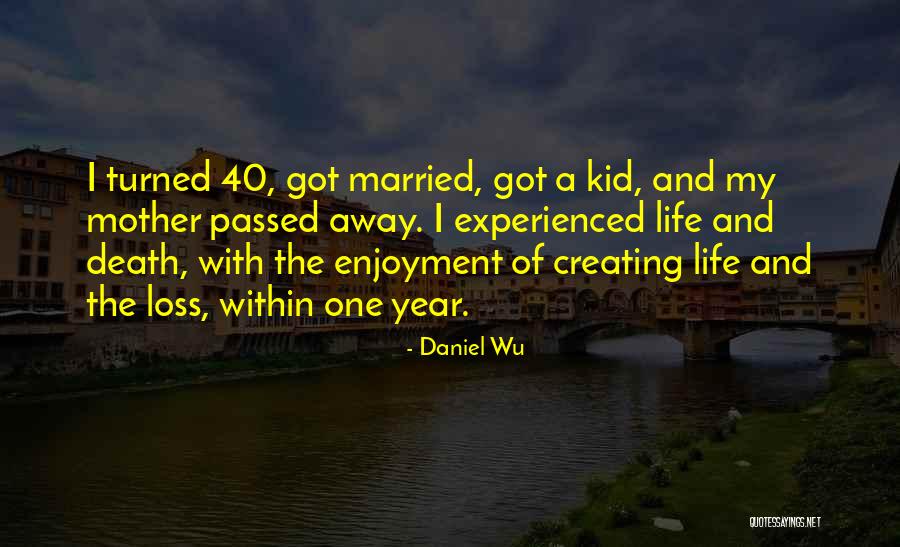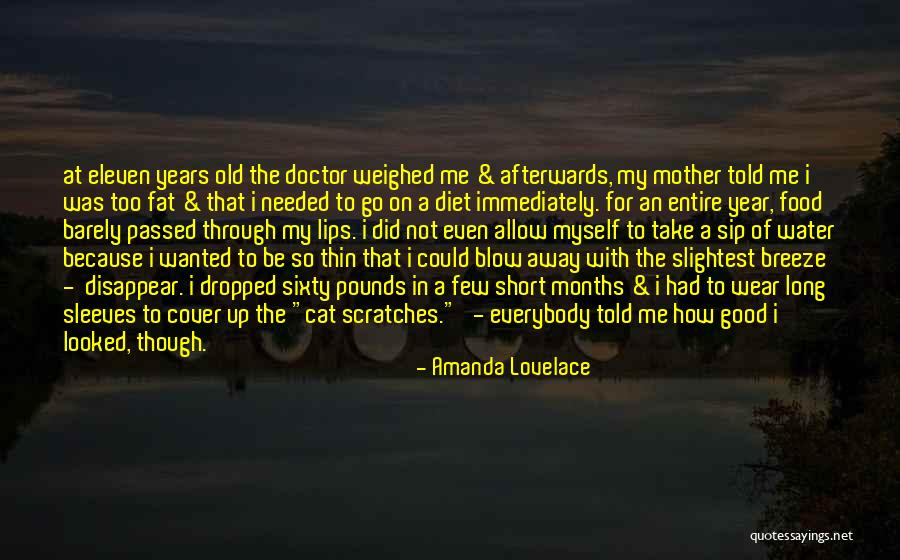Time may heal wounds, but the void left by a loved one remains forever. One year since you passed away, the journey of healing continues, yet the memories remain vivid in our hearts. This article delves into the profound emotions and experiences that accompany the passing of a loved one, offering insights, support, and reflections for those navigating life after loss.
As we mark the milestone of one year since your departure, the pain may still feel fresh, but so do the cherished memories. This article aims to provide solace, understanding, and practical advice for processing grief and honoring the legacy of those who have passed away. Together, we will explore the complexities of loss and how to find strength in the face of adversity.
Through this exploration, we hope to guide you toward healing and acceptance while preserving the cherished memories of your loved one. Let us embark on this journey together, honoring the past while embracing the future.
Read also:Amazon Customer Service Phone Line
Table of Contents
- Introduction
- Understanding Grief: The First Year
- Honoring the Legacy of a Loved One
- The Emotional Journey After Loss
- Building a Support System
- Creative Ways to Remember
- Mental Health and Coping Strategies
- Finding Meaning Through Spirituality
- Long-Term Healing and Acceptance
- Conclusion: Moving Forward with Love
Understanding Grief: The First Year
Grief is a deeply personal and complex experience, especially during the first year since you passed away. It is essential to recognize that everyone processes loss differently. For some, the initial shock may give way to profound sadness, while others might experience anger or denial. Understanding these stages can help in navigating the emotional landscape of grief.
According to the Kübler-Ross model, grief typically progresses through five stages: denial, anger, bargaining, depression, and acceptance. However, it is important to note that these stages are not linear, and individuals may revisit certain stages multiple times. The first year since you passed away often brings a rollercoaster of emotions, and acknowledging this can be a crucial step toward healing.
Recognizing Grief Triggers
Throughout the first year, certain events or dates may trigger intense feelings of grief. Anniversaries, holidays, and milestones that were once shared with your loved one can evoke powerful memories. Recognizing these triggers and preparing for them can help mitigate their emotional impact.
- Anniversaries and birthdays
- Holidays and special occasions
- Places or objects associated with your loved one
Honoring the Legacy of a Loved One
One year since you passed away, honoring your legacy becomes an essential part of the healing process. Celebrating the life and contributions of your loved one not only keeps their memory alive but also provides comfort and closure. There are numerous ways to honor a loved one, from simple gestures to more elaborate tributes.
Creating a lasting tribute can involve activities such as planting a tree, establishing a scholarship fund, or volunteering in their name. These acts serve as a testament to their impact on your life and the lives of others.
Memorialization Ideas
Here are some creative ways to honor the memory of a loved one:
Read also:Reading Phillies 2024 Schedule
- Create a memory box filled with photos, letters, and mementos.
- Write a tribute in their honor, sharing stories and lessons learned.
- Participate in community events or charity walks dedicated to their cause.
The Emotional Journey After Loss
Processing emotions after the loss of a loved one is a challenging yet necessary journey. One year since you passed away, it is essential to acknowledge the range of emotions you may still be experiencing. From sadness and longing to moments of joy and gratitude, these emotions are all part of the healing process.
Emotional healing requires patience and self-compassion. It is important to allow yourself to feel without judgment and to seek support when needed. Journaling, therapy, and support groups can provide valuable outlets for processing emotions and gaining perspective.
Dealing with Grief Triggers
Grief triggers can resurface even after a year has passed. Learning to cope with these triggers involves developing healthy strategies for managing emotions. Some effective techniques include:
- Practicing mindfulness and meditation
- Engaging in creative outlets like painting or writing
- Connecting with others who have experienced similar losses
Building a Support System
Having a strong support system is crucial during the healing process. One year since you passed away, it is important to surround yourself with people who understand and validate your feelings. Family, friends, and support groups can provide comfort and encouragement as you navigate the complexities of grief.
Professional support, such as counseling or therapy, can also be invaluable in processing emotions and developing coping strategies. Many communities offer grief support groups, both in-person and online, where individuals can share their experiences and find solace in the company of others.
Types of Support Available
Consider exploring the following forms of support:
- Grief counseling and therapy
- Online support groups and forums
- Local bereavement programs
Creative Ways to Remember
Creating meaningful tributes is an excellent way to honor the memory of a loved one. One year since you passed away, consider incorporating creative elements into your remembrance activities. These tributes can range from personal keepsakes to community-based initiatives.
Some ideas for creative memorials include crafting a memory quilt, designing a photo album, or organizing a charity event in their name. These activities not only preserve memories but also bring people together in celebration of a life well-lived.
Personalized Memorial Options
Explore these personalized memorial ideas:
- Create a personalized piece of jewelry with their initials or birthstone.
- Plant a garden or tree in their memory.
- Compile a digital scrapbook of cherished moments.
Mental Health and Coping Strategies
Prioritizing mental health is essential during the grieving process. One year since you passed away, it is important to recognize the impact of loss on your emotional well-being. Developing effective coping strategies can help manage stress, anxiety, and depression.
Self-care practices, such as exercise, healthy eating, and adequate sleep, play a vital role in maintaining mental health. Additionally, seeking professional support when needed can provide the tools and resources necessary for healing.
Effective Coping Techniques
Consider incorporating these coping techniques into your routine:
- Practice deep breathing exercises and meditation.
- Engage in physical activities like yoga or walking.
- Seek support from mental health professionals if needed.
Finding Meaning Through Spirituality
For many, spirituality provides comfort and meaning during times of loss. One year since you passed away, exploring your spiritual beliefs can offer solace and guidance. Whether through prayer, meditation, or participating in religious ceremonies, spirituality can help connect you to something greater than yourself.
Many cultures and traditions offer rituals and practices for honoring the deceased. Engaging in these practices can provide a sense of continuity and connection to your loved one's memory.
Spiritual Practices for Healing
Consider exploring these spiritual practices:
- Participate in religious services or ceremonies.
- Maintain a gratitude journal or prayer book.
- Engage in mindfulness or meditation practices.
Long-Term Healing and Acceptance
As time passes, the pain of loss may begin to subside, but the memories remain. One year since you passed away, the focus shifts toward long-term healing and acceptance. This involves integrating the experience of loss into your life story and finding meaning in the memories of your loved one.
Acceptance does not mean forgetting; rather, it involves embracing the reality of loss while continuing to live a fulfilling life. This process requires patience, self-compassion, and a willingness to grow through adversity.
Steps Toward Acceptance
Consider these steps toward long-term healing:
- Reflect on the lessons learned from your loved one.
- Embrace new experiences and opportunities for growth.
- Maintain a connection to their memory through meaningful rituals.
Conclusion: Moving Forward with Love
One year since you passed away, the journey of healing continues. While the void left by your loved one remains, the memories and lessons they imparted continue to shape your life. By honoring their legacy, building a strong support system, and prioritizing mental health, you can find strength and solace in the face of loss.
We invite you to share your experiences and reflections in the comments below. Your story may provide comfort and inspiration to others navigating similar challenges. Additionally, consider exploring other articles on our site for further guidance and support. Together, we can move forward with love and gratitude, honoring the memories of those we hold dear.


